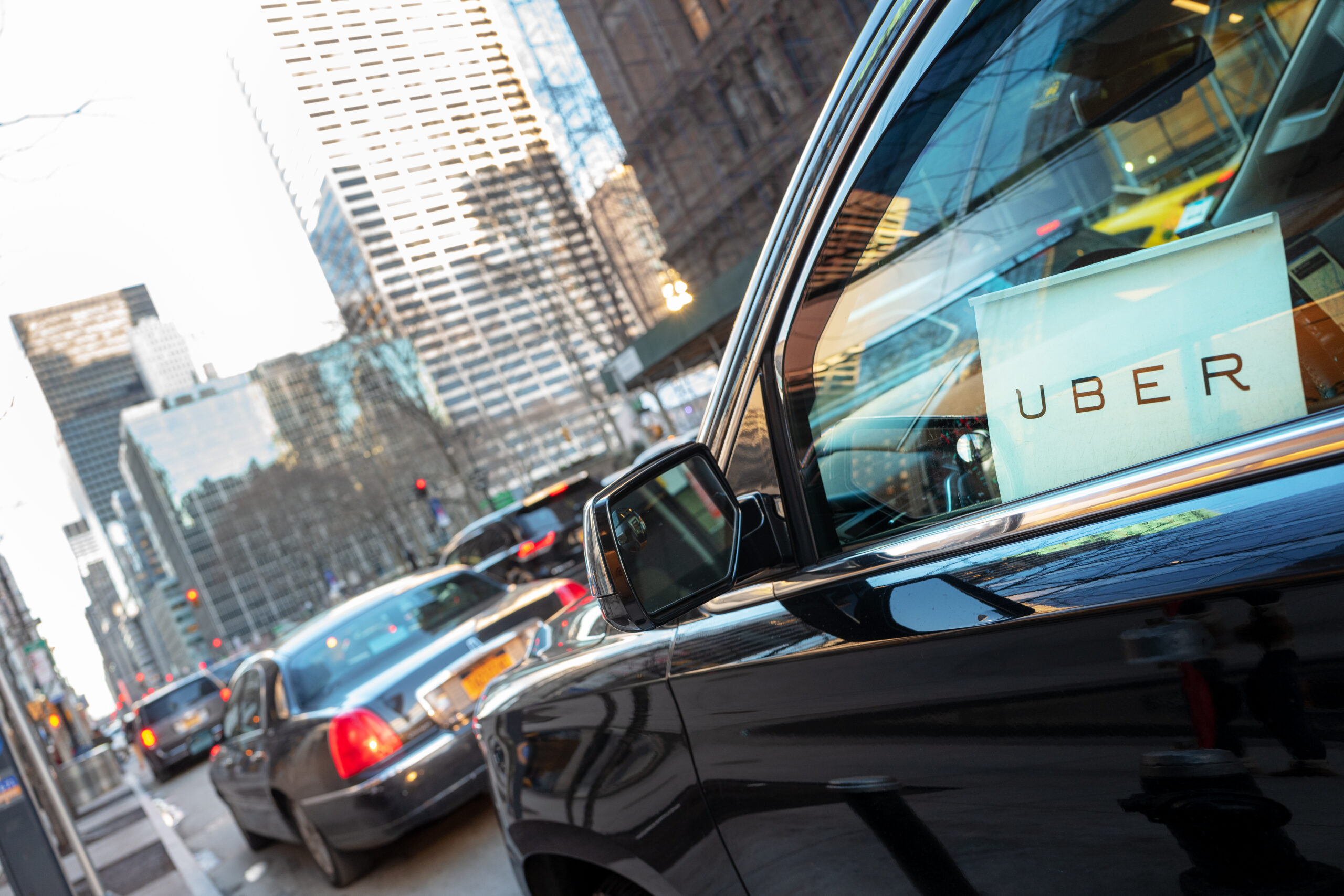The pandemic-spurred reduction in chip manufacturing has been in the news for months, but on-the-ground effects are becoming startlingly clear just as meeting professionals are planning how to get attendees from the airport to the hotel and back: there’s an unprecedented price increase for vehicles, whether purchasing a new or used car—or renting one. Rideshare prices are also on the rise for completely different reasons. Here’s what you need to know for planning purposes before you take off this summer—and likely for the rest of 2021.
What’s Going On?
With the pandemic shutdowns, people had to stay put, and that meant rental car companies had no customers. To keep things running, many companies sold cars and streamlined their inventory. As vaccines roll out, infection rates drop and the economy returns, the demand for rental cars is surging. This is partly because of an increased interest in domestic travel due to cautionary attitudes towards air travel and varied restrictions on travel abroad.
However, rental car companies can’t revive their inventory fast enough to meet demand due to those microchip shortages you’ve been hearing about. Chip manufacturers largely switched from making auto chips to making the kind that were in demand mid-pandemic, like those that power laptops, cell phones, home appliances and gaming systems. It’s not a quick switch to flip production back to auto chips, and these shortages may result in as many as 1.2 million fewer new cars being made this year, according to an article in SFGATE.
With fewer new cars available and retail prices for used cars up 25 percent, rental car agencies are now operating with smaller fleets, shuffling cars from low-demand to high-traffic cities. With domestic travel roaring, the demand for rental cars is soaring—and so are the prices.
Julie Hall, public relations manager for AAA, confirmed this in an email to Smart Meetings. “We [looked] at rental car prices leading up to the recent Memorial Day holiday weekend. Daily car rental rates had doubled compared to last Memorial Day, topping out at $134 for the holiday weekend.”
In some markets, that’s still a steal. An article in the Honolulu Civil Beat cited rental car prices as high as $700 a day in some areas, with additional tales of cars unavailable at any price and residents waiting 90 minutes for an Uber.
Why Rideshares Won’t Save the Day
In conjunction with the surge in vehicle prices, rideshare prices are rocketing, too. When it comes to Uber and Lyft, it’s not a lack of cars pushing prices up, but a lack of drivers. Another pandemic effect of stasis was that rideshare drivers didn’t have riders—so they quit the platform and started driving for food delivery or receiving unemployment. Now riders are returning, but drivers aren’t. In a recent article for NBC4 News, driver and blogger Chris Gerace cites Covid safety concerns and low wages for rideshare drivers as reasons for the reticence. If a new driving job or unemployment benefits are paying the same or more, why return to rideshares?
The Workaround

So, what’s a traveler to do? The first piece of advice no matter your favored mode of transport is to plan ahead. An industry insider for SFGATE recommended booking your rental car two weeks to a month before your proposed trip, and still, to expect to pay 25 to 30 percent more than usual for it.
Other options include alternative rental platforms like Avail, which lets individuals rent out their cars and takes care of the key exchange, car cleaning and insurance that would be deterrents to renting your neighbor’s car. There’s also Uber Rent, which works through traditional car rental companies to offer service through the Uber app with perks like 10 percent cash back to your Uber account. Yet another option is Get Around, a car share platform that lets you find, book and unlock your chosen car all from your phone.
Doing your research and comparing your options ahead of time is a necessity this summer if you want to avoid transportation sticker shock. Carpocalypse could also be a reason to change your travel plans to a city with stellar public transit—or, perhaps, to use the fleet of free buses, shuttles and monorails as a great excuse to pack up for Walt Disney World.




